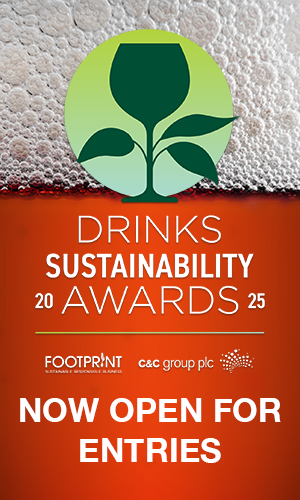A NEW report published by SOAS, University of London, has found that some Fairtrade certified coffee, tea and flowers do not necessarily improve lives of the very poorest rural people in Ethiopia and Uganda. The four-year research project studied rural labour markets in areas producing crops for export which included, in some research sites, Fairtrade certification.
Low pay for wage workers, particularly women, and limited access to schools, health clinics, improved sanitation and other social projects in rural areas were among the findings in the ‘Fairtrade, Employment and Poverty Reduction in Ethiopia and Uganda’ report published earlier this week.
In particular, it suggests that wage workers are commonplace on ‘smallholder’ farms in the areas studied, where between a third and a half of listed adults were recent agricultural wage workers. The research also found that these agricultural workers were much poorer than others and wages were lower on average in research sites defined around Fairtrade certified producer organisations than in sites without Fairtrade certified producers.
Professor Christopher Cramer, Professor of the Political Economy of Development and one of the lead researchers, said: “The British public has been led to believe that by paying extra for Fairtrade certified coffee, tea and flowers they will ‘make a difference’ to the lives of poor Africans. Careful fieldwork and analysis in this four year project leads to the conclusion that in our research sites Fairtrade has not been an effective mechanism for improving the lives of wage workers, the poorest rural people.”
However, the Fairtrade Foundation believes there are significant flaws with the study and that it is incorrect to state that Fairtrade does not improve the lives of the poor as many independent academic studies have shown otherwise.
Speaking for the Fairtrade Foundation, CEO Michael Gidney said: “It is a shame that the report does not acknowledge a critical problem: that where farmers themselves have low levels of Fairtrade sales they are limited in the additional benefits they can pass on to workers, especially seasonal labour.”
One key flaw the organisation points out is that the study did not assess how much each certified farmer organisation was selling on Fairtrade terms, nor consequently the amount of Fairtrade premium each received for investment in community projects such as health centres and housing.
In addition, the large “Fairtrade” flower farm in Ethiopia cited by the report left Fairtrade in 2011, whilst one of the “non-Fairtrade” flower farms studied in the report, which has some of the best wage conditions in the country, joined Fairtrade in 2012.
Overall, the Fairtrade Foundation has welcomed the underlying research for the report though and has said it will study it with a view to improve their work in Ethiopia and Uganda.
Michael Gidney further commented: “We welcome this focus on the low wages that persist among too many agricultural workers, particularly those who carry out informal work and who are very hard to reach. In Fairtrade we are committed to playing our part in supporting all workers – in the past year for example we have substantially strengthened our Hired Labour standards and are making real progress on aspects such as Living Wage.”











